Apple has refrained customers from installing third-party apps ever since it came into existence. The company always cited security concerns behind prohibiting users from doing so. This might soon change as a report from Apple analyst Mark Gurman suggests that iOS 17 might permit sideloading.
Once implemented, users will be able to download apps that are unavailable on the App Store. Developers would be mandated to pay 30% fees to Apple in this case. The action is in accordance with the Digital Markets Act (DMA) of the European Union which came into effect in November 2022. The Act necessitates businesses like Apple to make their platforms and services accessible to third-party companies and developers.
Apple devices might be strongly impacted by the European Union’s Digital Markets Act which could lead to several alterations to its services like Messages, App Store, Siri, FaceTime, etc. According to the report, Apple will implement these changes in accordance with the Act, next year in order to stave off the fines which could amount to 20% of its global revenue.
For the unversed, Apple already offers sideloading on devices like Mac by incorporating a verification system that allows users to safely install third-party applications. Will the European Union’s decision compelling Apple to allow third-party app installs inspire other countries like the United States to do the same is uncertain.
Apple currently holds a 34% market share in Europe as it does not permit users to download apps which are unavailable on the App Store. The tech giant has been under scrutiny with governments opposing its notion of App Store-only distribution, calling it anti-competitive. The upshot of the DMA induced change permitting sideloading on Apple devices could prove to be a boon for enterprise users who might be able to offer their services to iPhone users directly. It could also be beneficial to developers who would be able to incorporate explicit beta testing in contrast to the current TestFlight system.
While a lot of the reporting on Apple’s App Store commission focuses on the 30% surcharge that the most successful developers pay, it’s unlikely that the change will benefit smaller makers much since they typically only pay Apple a 15% fee.
Read | 10 Best AI Tools To Skyrocket Your Business
The expense and hassle of guaranteeing security protection, payment processing, and client refunds through a fully independent storefront will offset any additional income for most smaller developers. The expense and hassle of guaranteeing security protection, payment processing, and client refunds through a fully independent storefront will offset any additional income for most smaller developers.



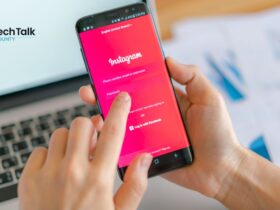
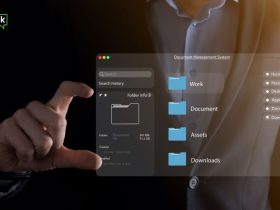

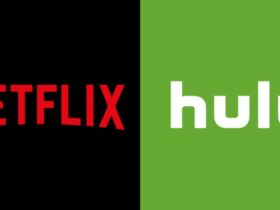


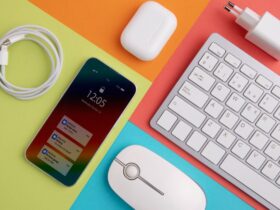
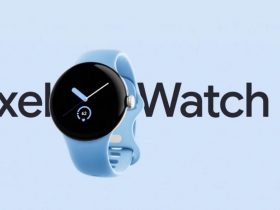
















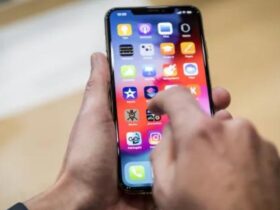
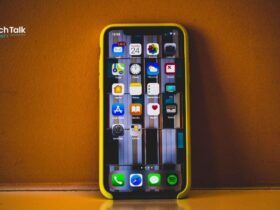


Leave a Reply